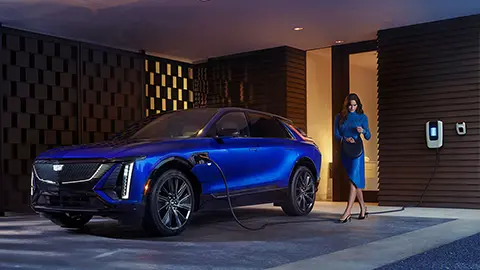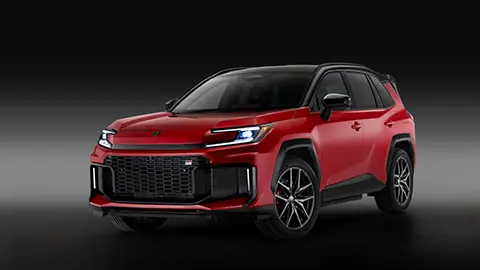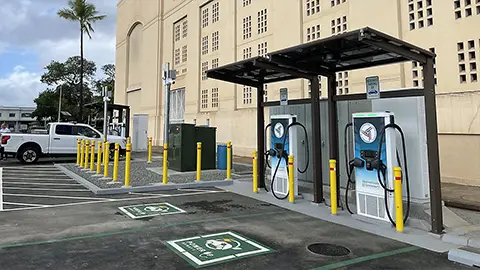A New Breed of EV Battery
When people are looking into all-electric vehicle ownership, the majority of their questions involve EV range, the overall life of battery packs and how long it takes to charge them. Now a company called Solid Power out of Colorado is introducing a whole new breed of solid state electric car batteries that promise lower cost, longer range and safer electric vehicles.

Solid Ion-Conducting Sulfide Electrolytes Will Be Used in EV Batteries
The company is developing its new batteries with automakers such as BMW and Ford that uses sulfides to create solid electrolytes which they call an all-solid-state battery or ASSB. According to Solid Power’s CEO Doug Campbell, “There are various groups that make the claim of solid-state batteries while using more of a hybrid electrolyte that includes liquid or gel components. We have completely removed the flammable liquid electrolyte and replaced it with our solid ion-conducting sulfide electrolyte. These hybrid solid-liquid electrolytes don’t reap the benefits of added safety at the cell and pack level, which is why we refer to our solution as ASSB to differentiate from a hybrid or semi-solid solution.”
Solid Power boasts that their batteries have a battery density of at least 50 percent greater than conventional EV batteries. The new Solid State batteries will be lighter than conventional lithium-ion batteries, and can recover 90 percent of a charge in just 10 minutes. Solid Power is entering into the formal automotive qualification process in 2022 and hope to have its battery packs in EVs by 2026.

Solid Power Will Test These Solid-State Batteries with Ford and BMW
Right now, the company is sending battery cells to Ford and BMW for testing with current EV designs to expedite further development. Solid Power believes that their tech will bring down the cost of EV battery packs from $142 per kWh to as low as $85 per kWh.
Solid-state batteries are also safer that lithium-ion batteries because they don’t use combustible liquid electrolytes. And Solid Power says its batteries will last close to 400,000 miles, which means they will last longer than the life of the vehicle itself.
For more information on a vast array of up and coming EV battery technology and the companies behind them, visit our Learning Center.
















